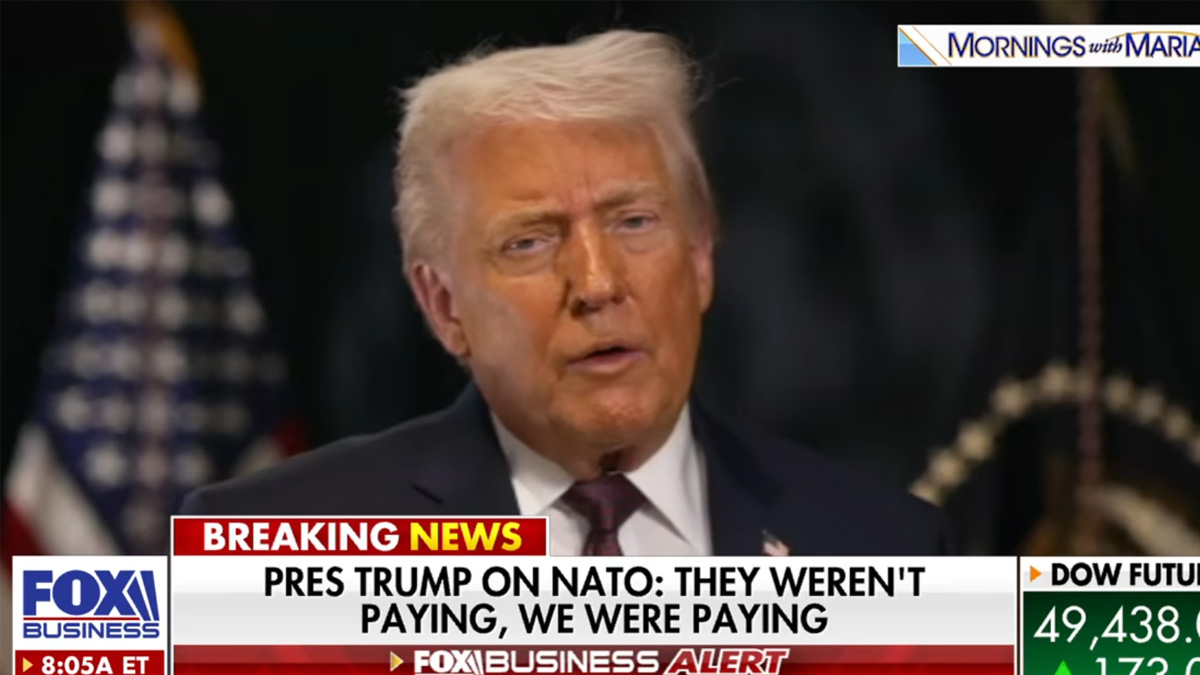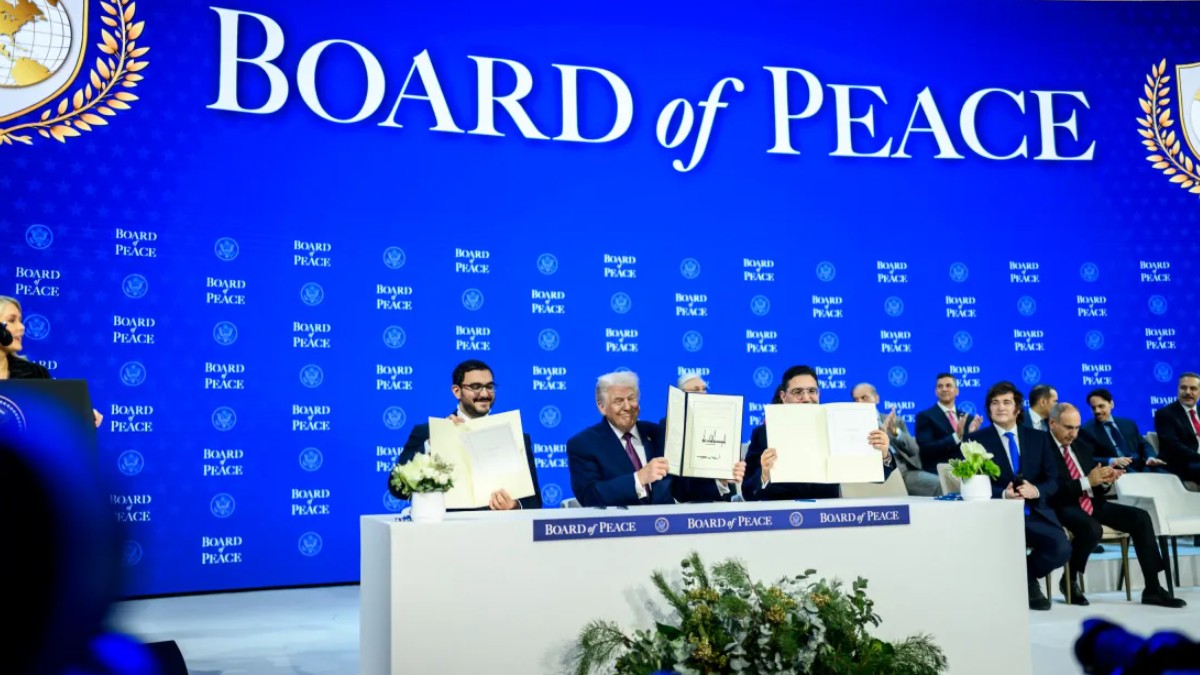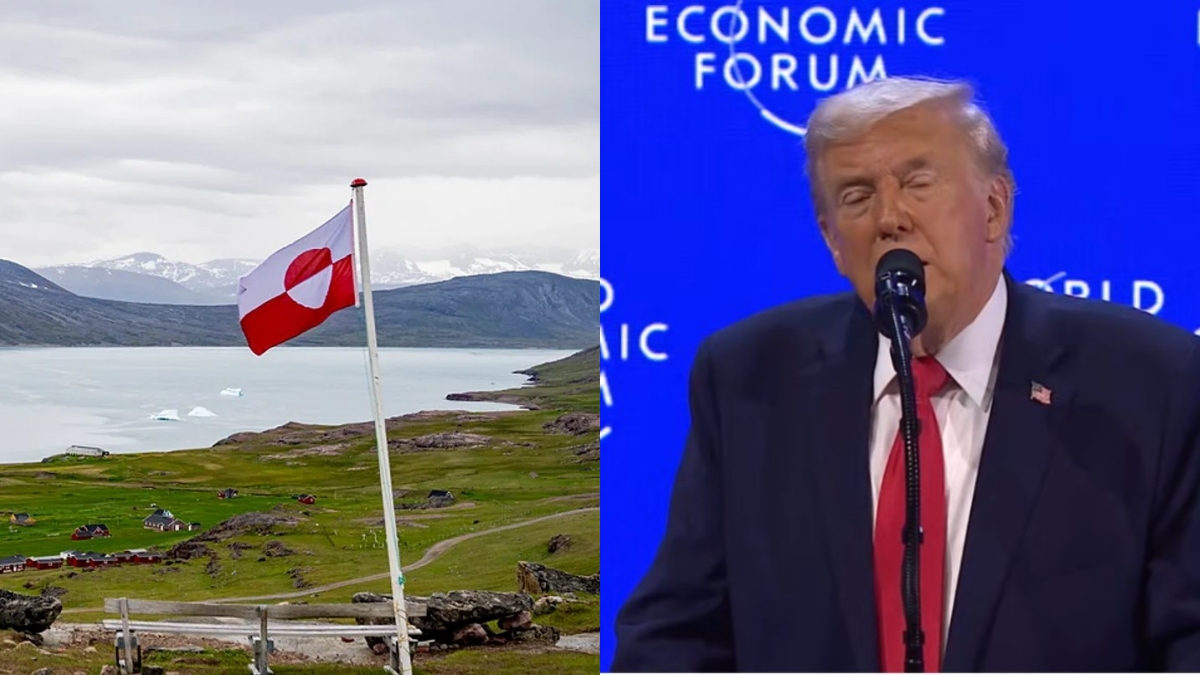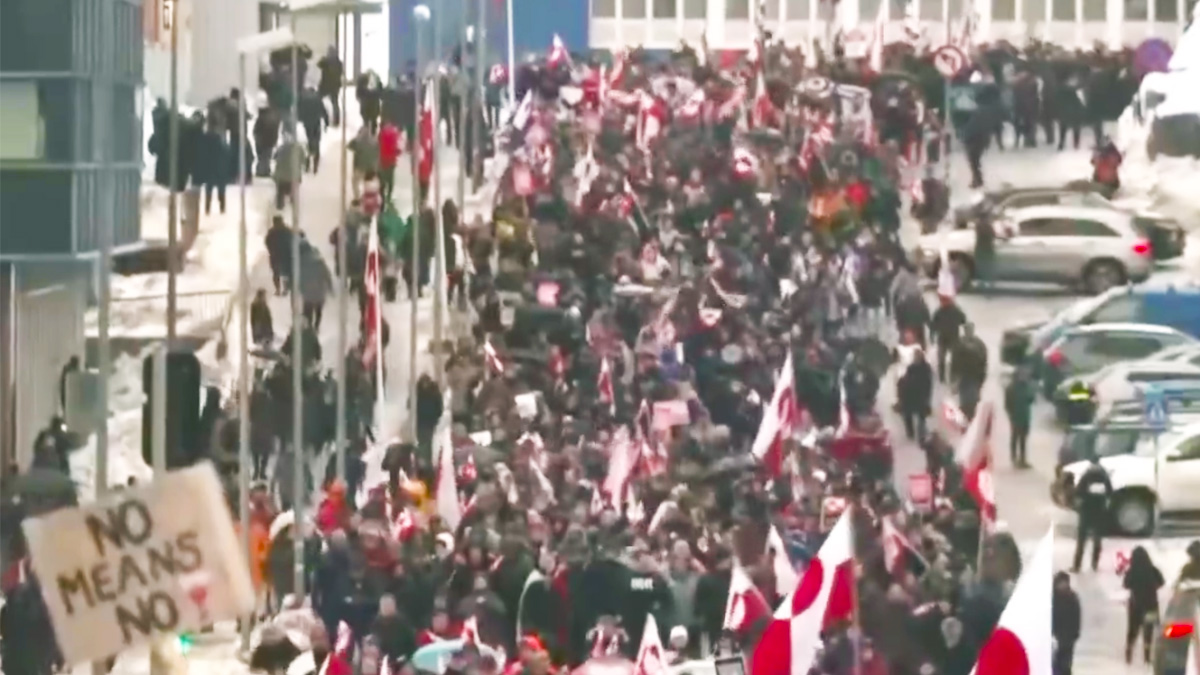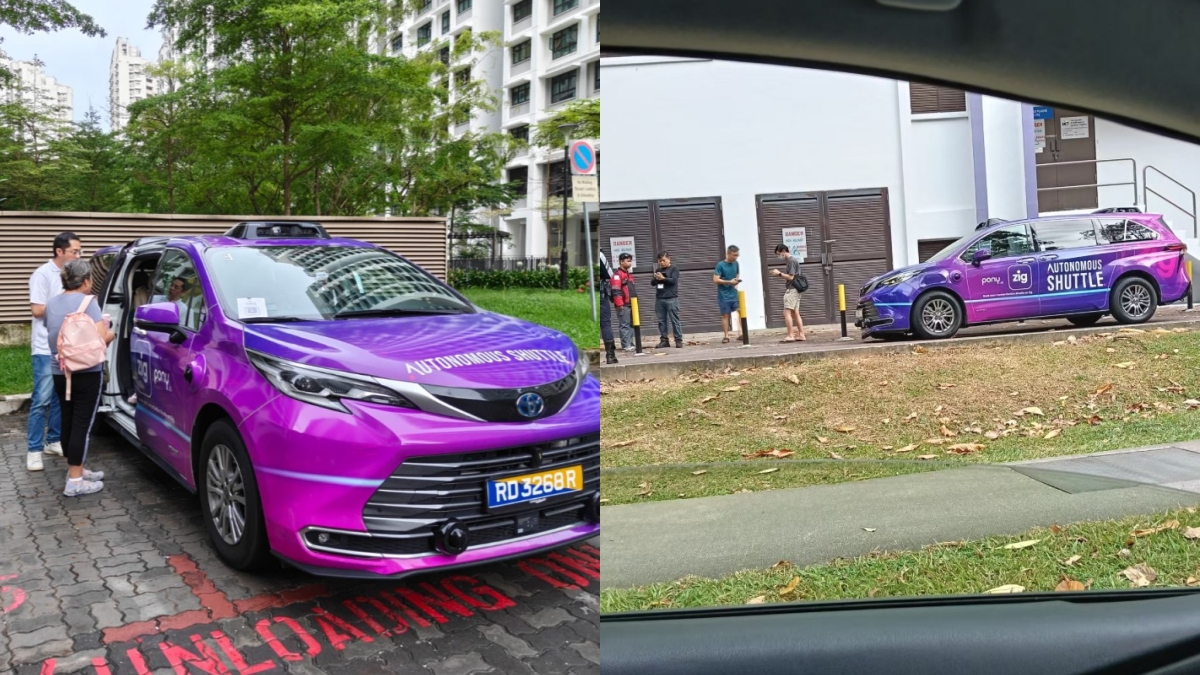PM Wong: Singapore’s talks with US on sectoral tariffs “at very early stage”, not discussed at Asean Summit
Prime Minister Lawrence Wong said Singapore’s talks with the US on semiconductor tariffs are “at a very early stage”, as Asean leaders reaffirmed their commitment to engage both Washington and Beijing. While Malaysia, Cambodia, Thailand and Vietnam sealed reciprocal deals, Singapore relies on its existing free trade agreement with the US.
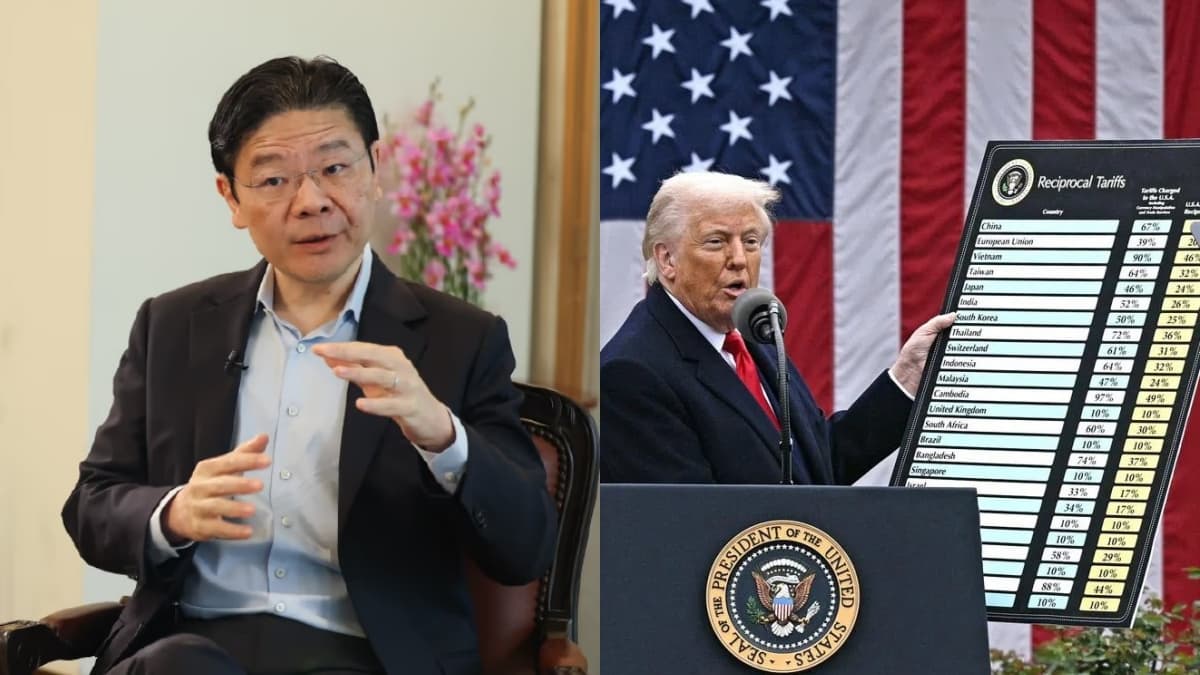
- Prime Minister Lawrence Wong said talks with the US on semiconductor tariffs are still in the early stages.
- Singapore has not signed a reciprocal tariff deal with Washington as it already has a free trade agreement.
- Asean leaders reaffirmed their commitment to engaging both the US and China amid rising global trade tensions.
KUALA LUMPUR: Prime Minister Lawrence Wong has said that Singapore’s discussions with the United States on potential sectoral tariffs for semiconductors remain “at a very early stage”, even as Asean nations navigate growing trade rivalries among major powers.
Speaking to Singapore media on 28 October, Wong said there is still “not a lot of clarity” about how Washington intends to apply such tariffs, citing uncertainty similar to that seen in the pharmaceutical sector.
The US had earlier proposed 100 per cent tariffs on branded drug products, though the move was placed on hold to allow further negotiations.
He noted that the US has not yet announced details of its sectoral tariffs for semiconductors, a key export for Singapore and a central component of the global electronics supply chain.
Wong clarified that the issue of tariffs did not feature prominently in the recent Asean summits held in Kuala Lumpur, which included meetings between regional leaders and US President Donald Trump.
According to him, “the discussions with President Trump were very much at the broader strategic levels around the partnership that America has with Asean countries”. He added that there was “strong mutual appreciation and desire to keep that relationship strong”.
During the summits, the US announced reciprocal tariff arrangements or frameworks with four Asean countries – Malaysia, Cambodia, Thailand, and Vietnam.
These agreements are part of Washington’s broader initiative to secure sectoral trade partnerships with selected economies in Asia.
Questions subsequently arose over why Singapore had not signed a similar deal.
Wong explained that Singapore already enjoys a baseline 10 per cent tariff structure under its existing free trade agreement with the US, making a new reciprocal deal unnecessary.
“We are at a baseline of 10 per cent, and America is not going below 10 per cent, so we are not pursuing such agreements,” he said.
He also cautioned that sectoral tariffs may still apply even to countries that have signed new arrangements with Washington.
Both semiconductors and pharmaceuticals remain major Singaporean exports to the US, with pharmaceuticals alone accounting for about 13 per cent of domestic exports to that market.
The proposed US tariffs on pharmaceutical products, initially scheduled to take effect on 1 October, have been paused as the administration negotiates with major companies.
In September, Deputy Prime Minister Gan Kim Yong said Singapore was considering a tariff cap similar to those negotiated by Japan and the European Union.
The move is part of the Trump administration’s broader strategy to shift manufacturing back to the US and reduce reliance on Chinese supply chains.
Sectoral tariffs are expected to target key industries including semiconductors, electric vehicle components, and pharmaceuticals.
Wong also used the Asean meetings to underscore the region’s goal of keeping both the US and China closely engaged rather than isolated, amid intensifying competition between the two powers.
“All of Asean, every single Asean country, wants to have good relations with both America and China,” he said.
“We may be in transition to a multi-polar world, but we are certainly not there yet.”
He added that while China remains Asean’s largest trading partner, the US continues to be a vital source of investment and technology.
Maintaining engagement with both sides, he said, remains central to Asean’s long-term stability and economic growth.
US drops tariffs to 0% on selected imports from Thailand, Malaysia and Cambodia in new trade pacts
During the same set of summits, Malaysia announced that it had secured 0 per cent tariffs for three major export sectors under its new reciprocal trade deal with the US.
Minister of International Trade and Industry Tengku Zafrul Aziz said the exemption covers palm oil, rubber-based products, cocoa, aircraft components, spare parts, and pharmaceuticals.
He added that 1,711 tariff lines were exempted from the previous 19 per cent levy, benefiting export sectors worth an estimated US$5.2 billion, or about 12 per cent of Malaysia’s total exports.
“The US is one of our largest trading partners and a key destination for Malaysia’s major exports, including electrical and electronic products, industrial equipment and aerospace components,” he said.
Singapore pharmaceutical firms await clarity on US tariff exemptions and trade talks
Singapore’s Minister of State for Trade and Industry Gan Siow Huang earlier told Parliament on 14 October that local pharmaceutical companies are awaiting confirmation on whether their expansion plans in the US will qualify for tariff exemptions.
The US had earlier announced a 100% tariff on branded pharmaceutical products effective 1 October, though the measure’s implementation was delayed to allow further negotiations.
Gan said Singapore is engaged in talks with Washington on a preferential tariff arrangement for pharmaceutical exports, which average S$3.7 billion annually.
Workers’ Party MP Louis Chua questioned whether zero tariffs remain achievable, noting that the European Union and Japan have already finalised their respective agreements with the US.
Gan responded that negotiations remain confidential but ongoing, stressing that Singapore must stay pragmatic amid global trade uncertainty.


